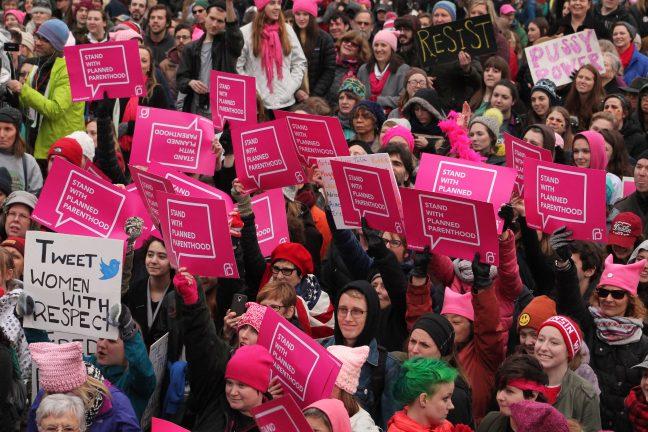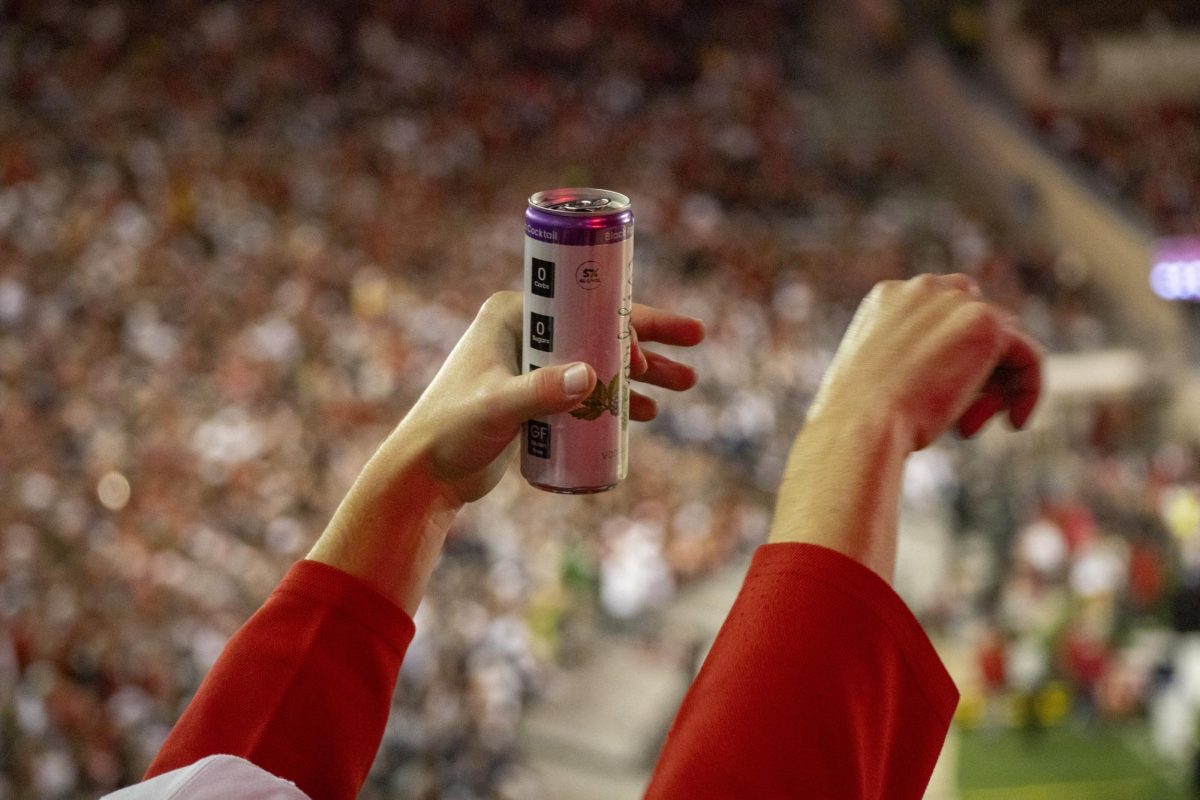This Saturday, the Bans Off Our Bodies march will advocate for reproductive rights in downtown Madison.
Participants of the event will assemble at the University of Wisconsin’s Library Mall and march to the Capitol where a rally will be held featuring guest speakers, according to the march’s website.
Planned Parenthood Generation Action at UW-Madison, a student organization focused on making reproductive care accessible to students, is organizing the event to oppose Senate Bill 8 — also known as the Texas abortion bill — PPGA-UW President Maya Cherins said.
Guest speakers include the Planned Parenthood Wisconsin CEO Tanya Atkinson, State Sen. Kelda Roys, D-Madison, Wisconsin Attorney General Josh Kaul, members of the Rape Crisis Center and members of the Women’s Medical Fund of Wisconsin.
The event will also be streamed on Facebook Live for online accessibility.
Online organizers promote Mifflin Block Party despite MPD, UW warnings
The march aims to convey to the Supreme Court and State Legislators that blocking access to abortion is “unacceptable.”
“Having folks get out there and really yell this message will hopefully give legislators a bit of a scare [about] making any action to overturn Roe,” Cherins said.
The march was scheduled after Texas issued a near-total ban on in-state abortions, preventing people from getting an abortion as early as six weeks into their pregnancy.
According to Cherins, the new Texas legislature could affect people with uteruses all over the country, particularly because if the Supreme Court were to overturn Roe v. Wade, the ruling that protects abortion rights, Wisconsin law would automatically make abortion illegal. PPGA-UW will have its own meeting Oct. 6 to make plans for an abortion fund for Texas.
UW students step up as poll workers amidst Election Day challenges
Cherins said intersectionality is essential. For that reason, calling the upcoming reproductive march a “women’s march,” as some have, is misleading, Cherins said.
“Any uterus needs reproductive health care,” Cherins said. “It’s really important that in this conversation, in the reproductive justice movement, we’re including everybody. We’re not just including the white, cishet women.”


















